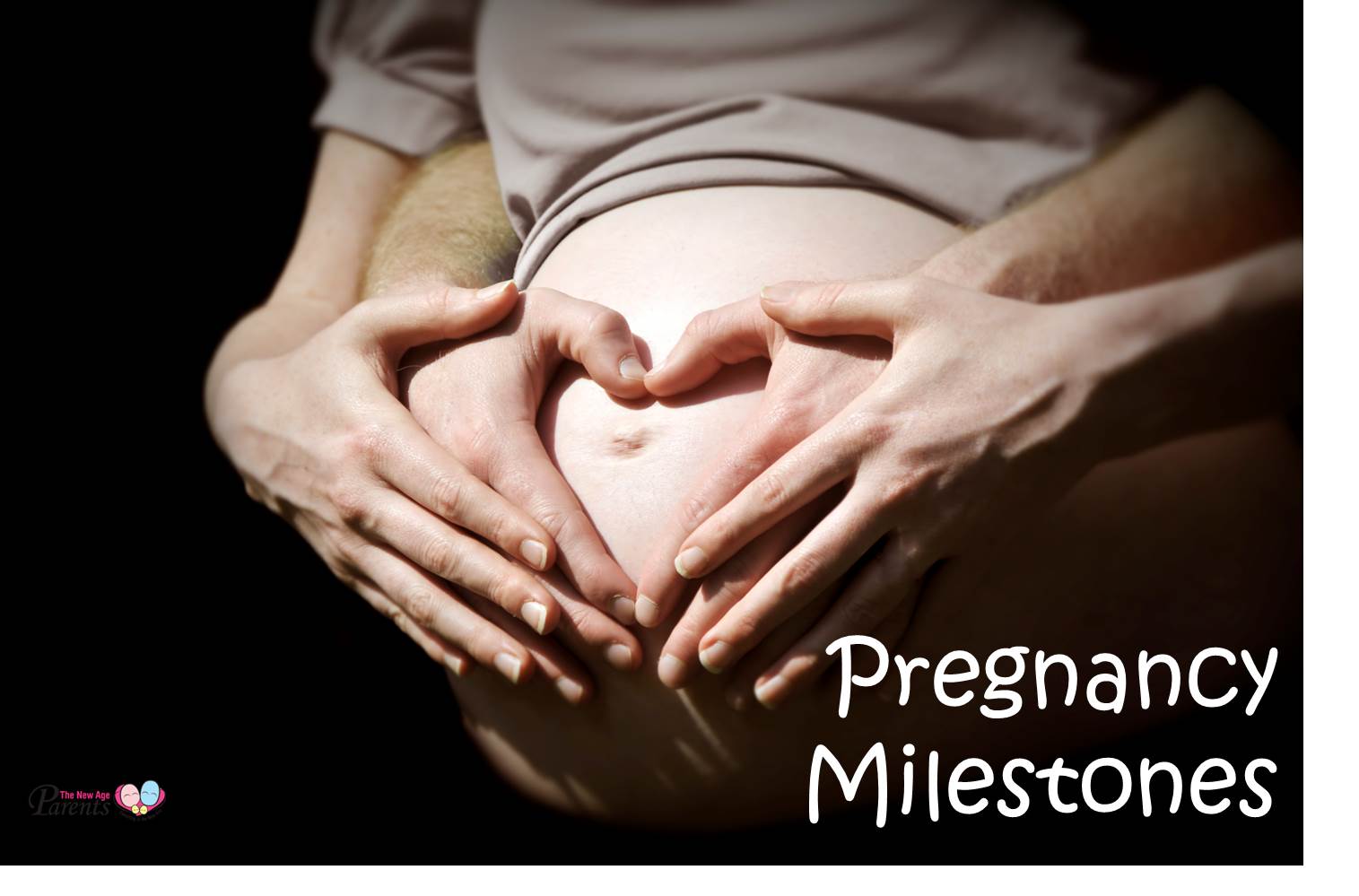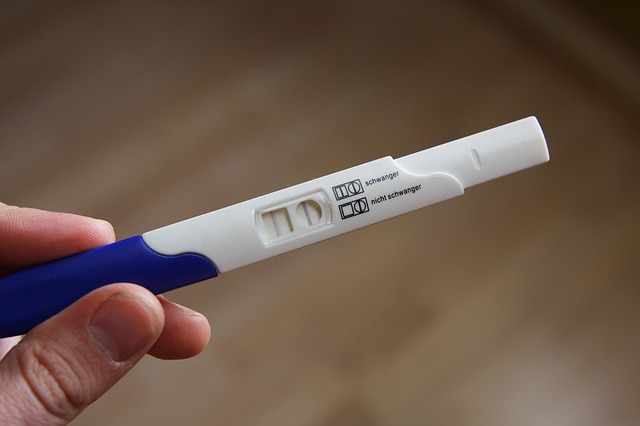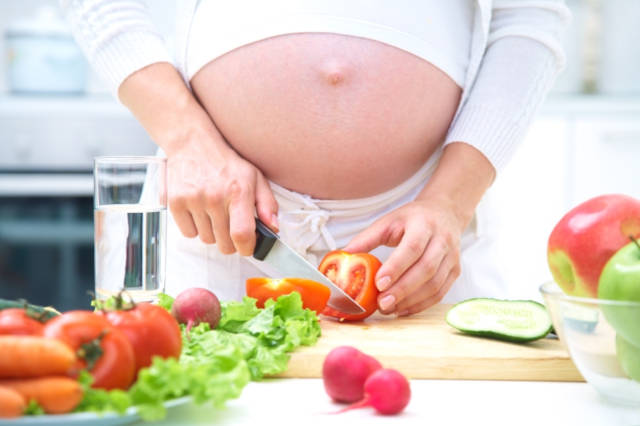What are some of the milestones during a pregnancy? The New Age Parents speaks to Consultant Obstetrician & Gynaecologist, Dr John Yam to find out more…
The duration of pregnancy leading up to the delivery of your baby is divided into three trimesters.

1st Trimester (Weeks 1-12)
The urine pregnancy test usually becomes positive around the time of your missed period. Sensitive breasts, a feeling of bloatedness & mood swings are some of the symptoms you may experience.
You should have an ultrasound scan early to determine that the pregnancy is safely located in the womb & to establish the period of gestation. The first trimester is crucial as it is the time that baby’s organs are developing.
It is important that you take folic acid supplements at this time. Your doctor will start seeing you on a monthly basis from now. Besides checking your weight, blood pressure & urine, routine blood tests will also be done to look at, among other parameters, your blood level, blood group & immunity to conditions such as hepatitis. Your doctor may also discuss options regarding testing for Down’s syndrome.
2nd Trimester (Weeks 13-28)
At around 12-14 weeks, as the womb enlarges, you may start to feel a bulge in your lower abdomen. Your center of gravity may start to shift – you may feel clumsier & begin to ‘waddle’ more. Lower back pain, leg cramps & irregular tightening of the abdomen may also occur.
At 17-20 weeks, you will feel your baby move for the first time. At around 21-22 weeks, a detailed fetal anomaly scan will be done to determine that baby’s crucial organs are normal. Towards the end of the second trimester, the baby’s growth will accelerate. The rapidly expanding womb may exert pressure upwards (causing you to feel more breathless), & downwards (leading to piles, dilated veins & leg cramps). Depending on the situation, your doctor may increase the frequency of your clinic visits.
3rd Trimester (Weeks 29-40)
You will start to feel heavy from now, as your weight increases at a rate of about half a kilogram every week until you deliver. The symptoms you experienced earlier will also worsen – breathlessness, backache, pressure symptoms, constipation, piles & leg swelling.
In addition, you may have difficulty sleeping at night with the enlarged womb causing you discomfort, & baby’s movements will interrupt your sleep. Water retention will cause numbness in the hands & pressure of the womb on the bladder will sometimes lead to urinary incontinence.
You should be on the lookout for regular contractions, which may be a sign of labour. (Irregular tightenings, or Braxton Hick’s contractions, are usually mild, ‘practice’ contractions that are not significant – they are Nature’s way of preparing the uterus for the final moment when it must contract with sufficient force to expel the baby into the world.)
Other symptoms to look out for include bleeding, amniotic fluid leakage & decreased fetal movements. These should prompt an immediate admission to the hospital.
By Dr John Yam, Consultant Obstetrician & Gynaecologist, Gleneagles Hospital, Adjunct Clinical Tutor, Duke University – NUS Graduate Medical School.
* * * * *
Like what you see here? Get parenting tips and stories straight to your inbox! Join our mailing list here.
Want to be heard 👂 and seen 👀 by over 100,000 parents in Singapore? We can help! Leave your contact here and we’ll be in touch.





















































